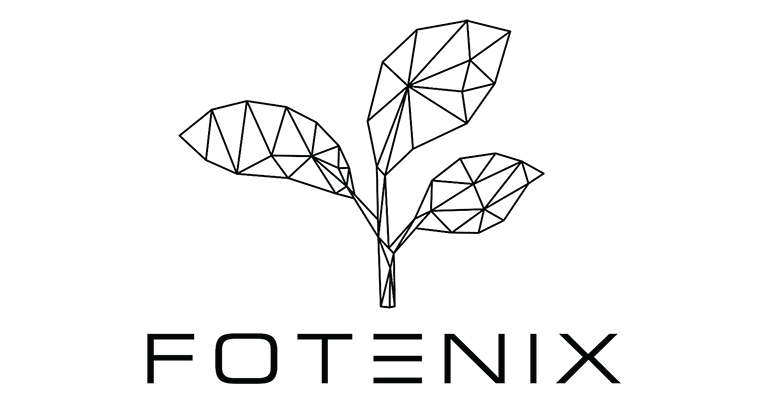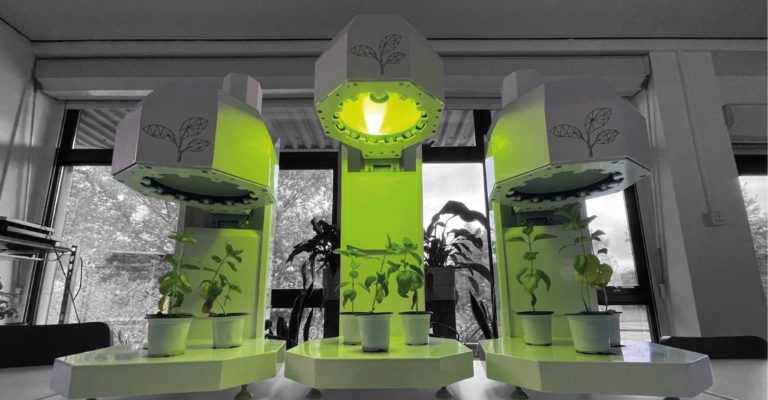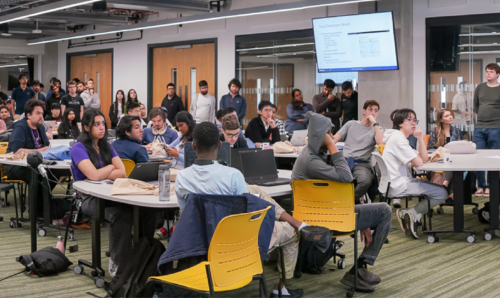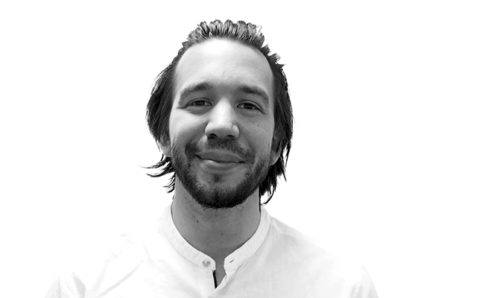Spotlight on: FOTENIX, Melisande ‘Milly’ Croft. PART 2
EEE in the real world Student experience 25th February 2022
Melisande ‘Milly’ Croft is a University of Manchester alumni and a current FOTENIX team member. She is currently a Data Scientist and for the second part of this series, she’s taken the time to tell us more about her journey and life at FOTENIX.
Data Scientist
Melisande ‘Milly’ Croft MMath & Phys
- Data Scientist FOTENIX (2020 – Present)
- Mathematics & Physics (MMath & Phys) The University of Manchester (2016 – 2020)
We put ten questions to Milly, and here is her response:
1. Which degree programme/s did you study at Manchester, and at what level/s?
I studied Physics and Maths on a four-year integrated Master’s course at the University of Manchester and graduated in 2020.
2. What is your current job title, and what does your job involve?
I am a Data Scientist, which means I spend most of my authoring artificial intelligence code. My general tasks include creating and training machine learning models, data analysis, generating reports for customers, and working on the cloud infrastructure for data upload, processing, and catalogue.
3. What is the impact of your work?
FOTENIX is a start-up and has an intimate, technical team, with the decisions we all make having a bearing on the direction of the company. I feel like the code I’m writing now, and the choices I make in its implementation will form the basis of FOTENIX’s future data operations as the company scales up and must date with a more significant influx of data. This task can be nerve-wracking but having responsibility makes the work more rewarding. Hopefully, this work’s impact on the UK and the wider world will provide more sustainable farming practices by reducing the need for herbicides and pesticides. Our hardware and machine learning models will be used to identify diseases, pests, and weeds in crops, allowing these chemicals or sustainable alternatives to only be used in affected areas. Working on technology that could have a positive impact is exciting!
4. Did your studies at UoM prepare you for this career path? Is it directly related to your degree at Manchester and specialised?
I don’t think I would have gotten the job without the skills I gained from my degree, but these were contingent on the modules I chose, and a similar STEM subject could have provided the same abilities. My Master’s project, which was on machine learning, and the coding courses I took provided me with the knowledge and practical skills that I use regularly; additionally, my Master’s project gave me experience working on a big project independently. While I don’t use what I learned in most modules, especially the more theoretical ones, I gained general mathematical problem-solving skills. I did enjoy learning about more abstract topics in maths and physics.
5. Did you participate in any additional activities at UoM that may have helped you secure your job and gain more holistic life skills?
Not an activity per se, but in the summer of my third year, I did an eight-week student experience internship in the School of Engineering. This role was a research internship focusing on using machine learning to identify waste for recycling purposes. As a result, I learnt practical skills, but I also got the opportunity to meet people from outside my School and build good relationships with the team.
6. What do you remember most fondly from your studies at Manchester?
I most enjoyed my Master’s project; having the time to dive deeply into a topic that interested me and learn about the subject practically was honestly very fun, until the stressful part of writing it all in time for submission!
7. How did you go about job hunting/creating? At what point did you start doing this? How did you come to be a team member at FOTENIX?
I was very fortunate not to have to apply to many jobs; my summer internship supervisor knew Charles, our Managing Director, from his time as a Doctoral student at the University. So my supervisor let me know about the job opening, put me in contact, and invited me for an interview, and the rest is history.
8. What do you love about your role and the journey that got you there?
I enjoy planning and designing something, then building it, solving problems along the way, and at the end, looking back and feeling like I’ve achieved something. I also like how my work will hopefully be beneficial to society. In terms of my journey, at the end of my third year, I decided I wanted to learn more about machine learning with the vague idea I might want to have a job in the field. This experience was why I applied to the internship, and from there, with a bit of luck, my goal was achieved, which is very gratifying.
9. How have you found working life compared to student life? How have you had to adapt?
I work more consistently now and certainly for more hours. I have found that having a routine, which I wasn’t very good at creating for myself during University, has made it difficult to adapt. I’ve also found it easier to separate my work time from my leisure time – my weekends are my weekends without any feelings of guilt for not doing any work!
10. Any advice or top tips for students looking for work experience/job opportunities?
If you’re looking to get into a STEM or tech job, get some coding experience and take any coding modules that your course offers. Learning key concepts and best practices is essential, but getting proficient is best achieved through training, so the more experienced, the better. This task can be through University modules or personal projects. More broadly, if you have a good relationship with any lecturer, academic advisor, or supervisor ask if they know about any opportunities, they’ll probably be more than happy to help and keep an eye out for potential jobs.
agriculturealumnidata scientistFOTENIXgraduatemaths and physicsstart upStudent experience







Leave a Reply